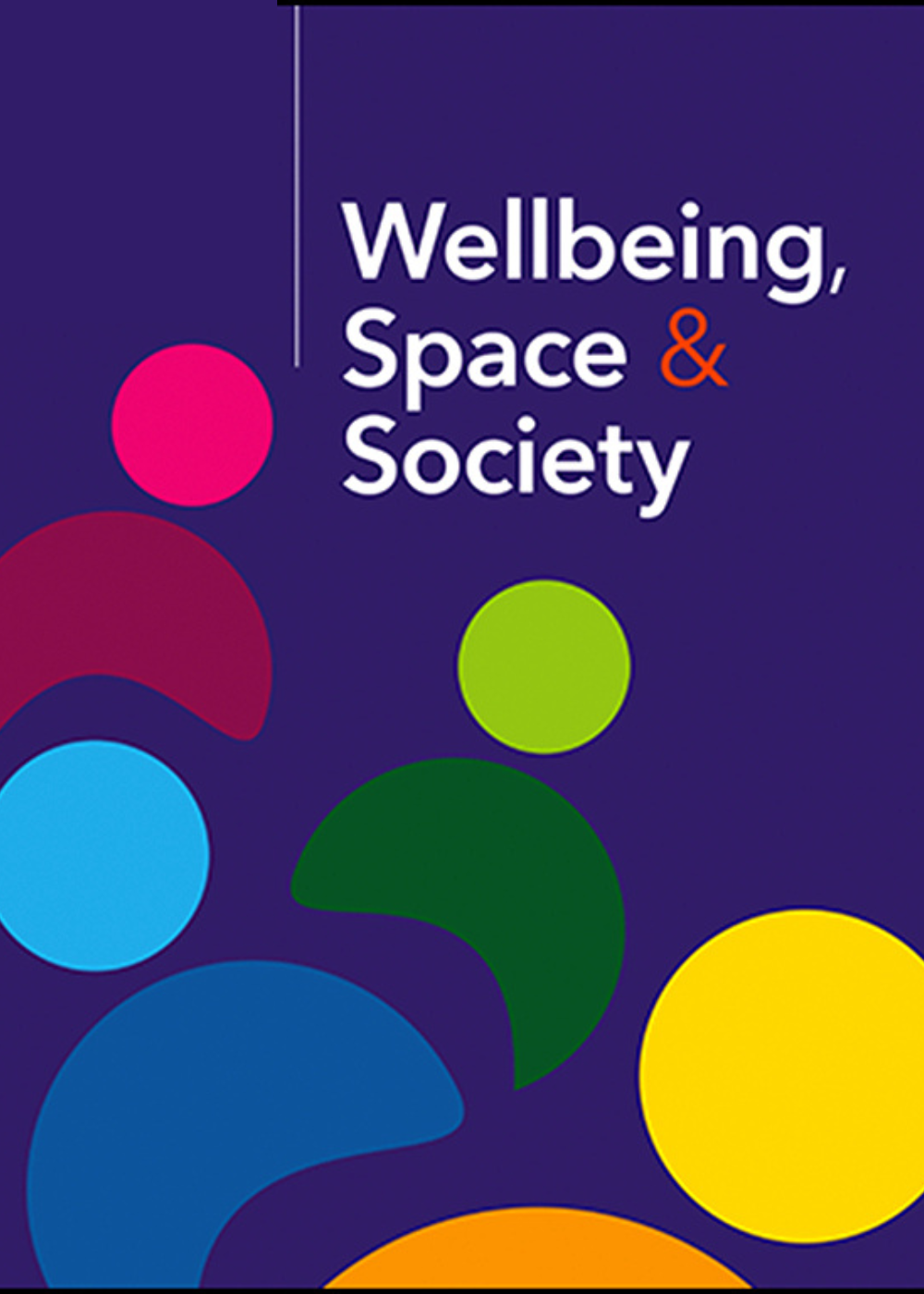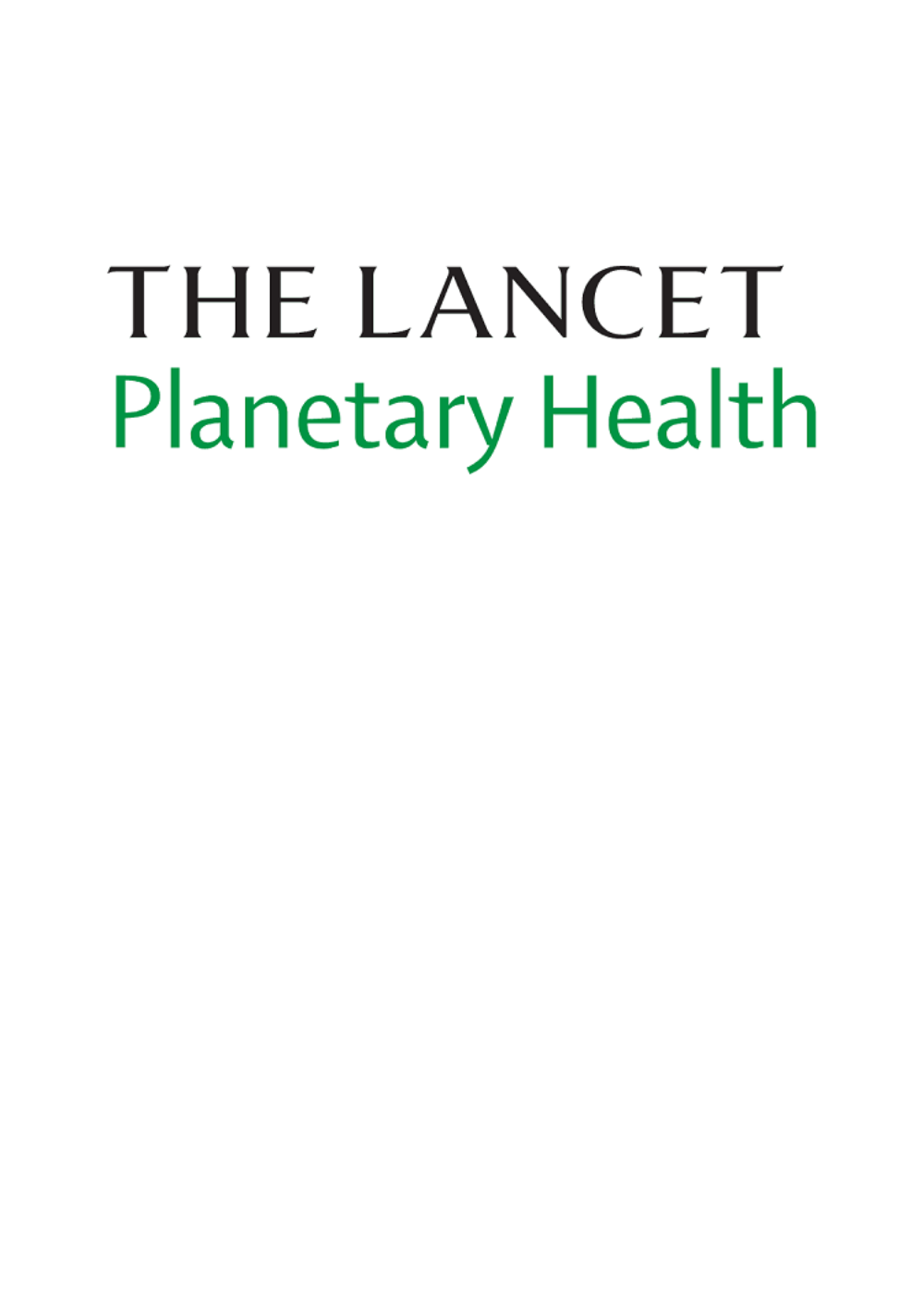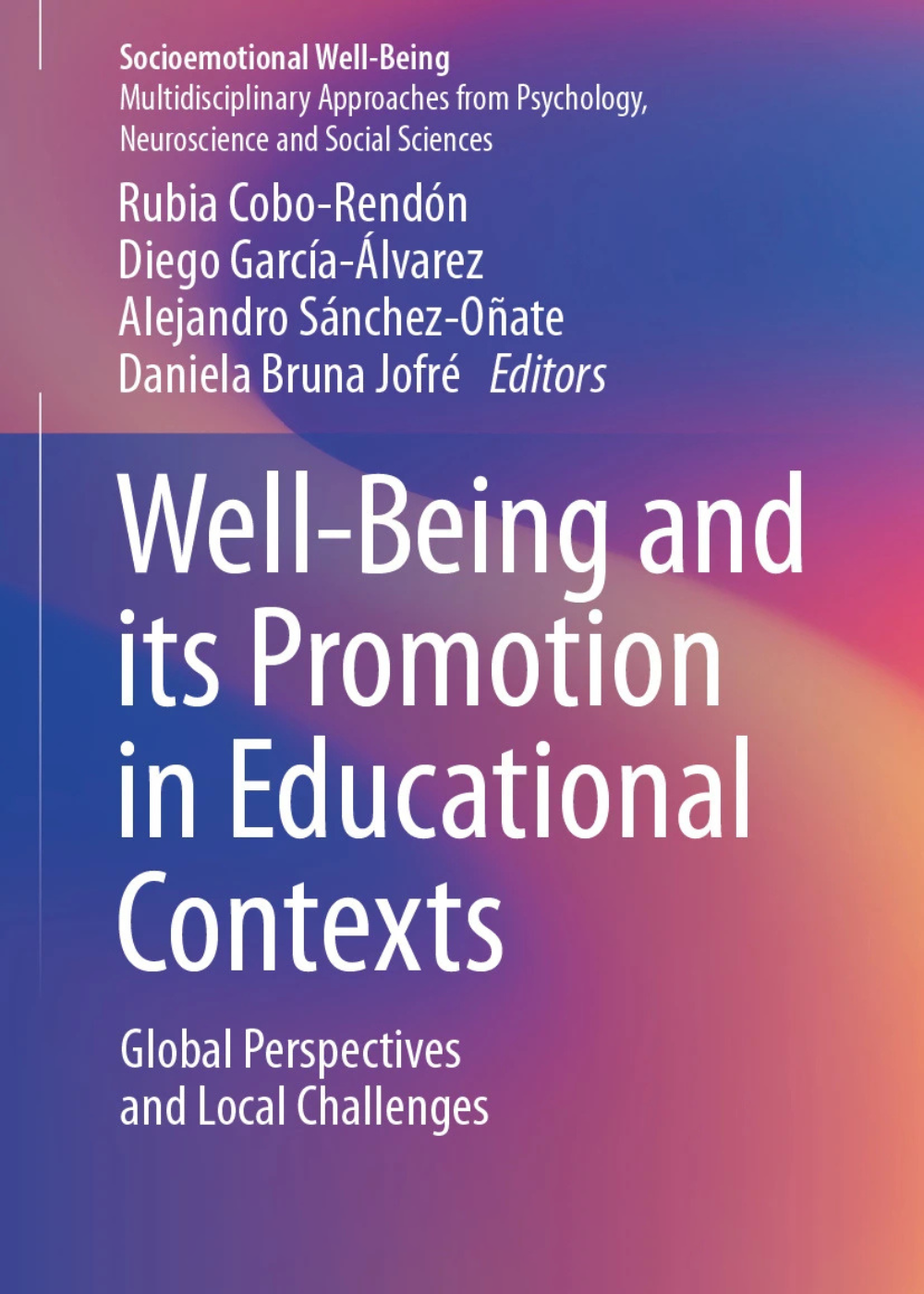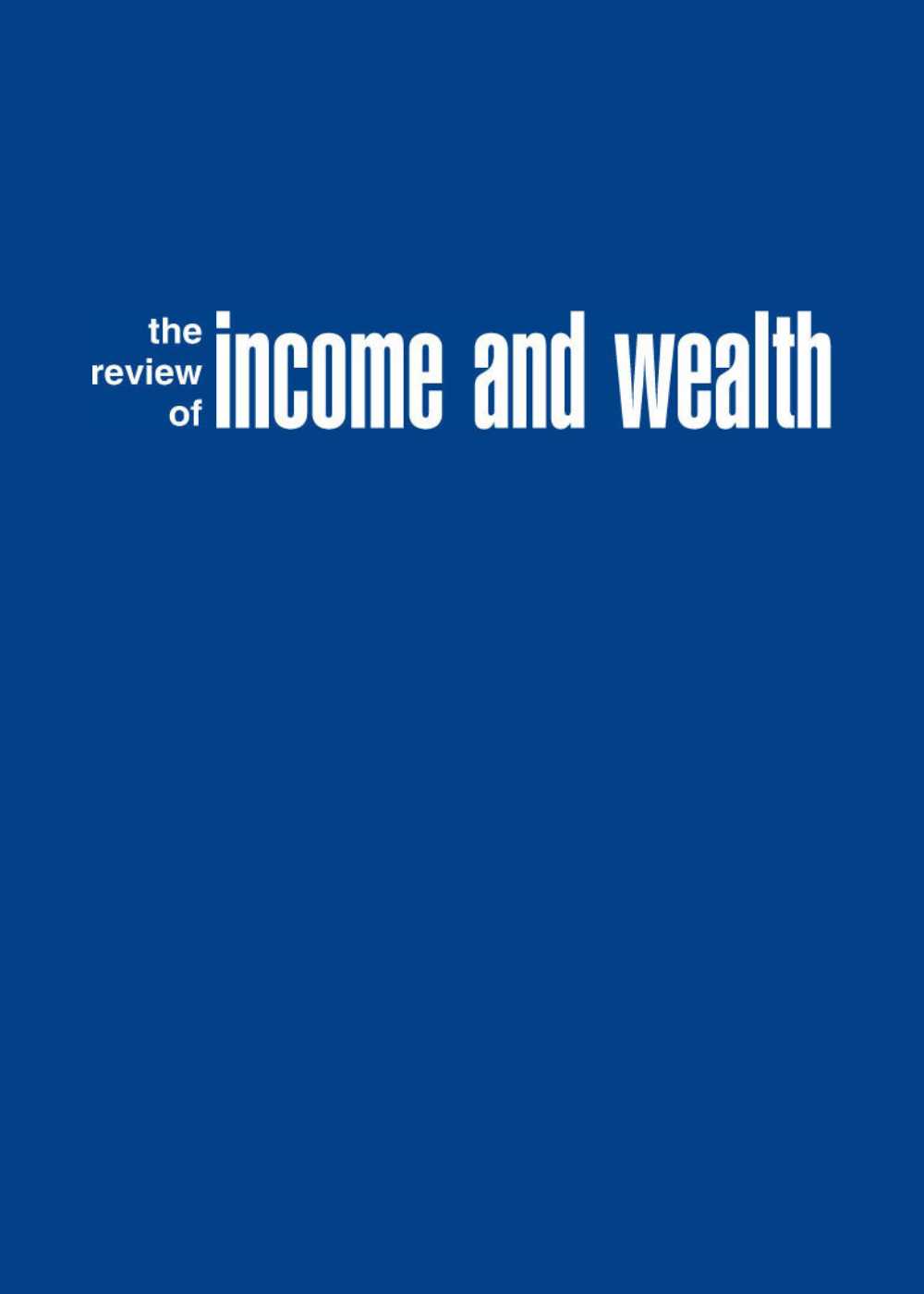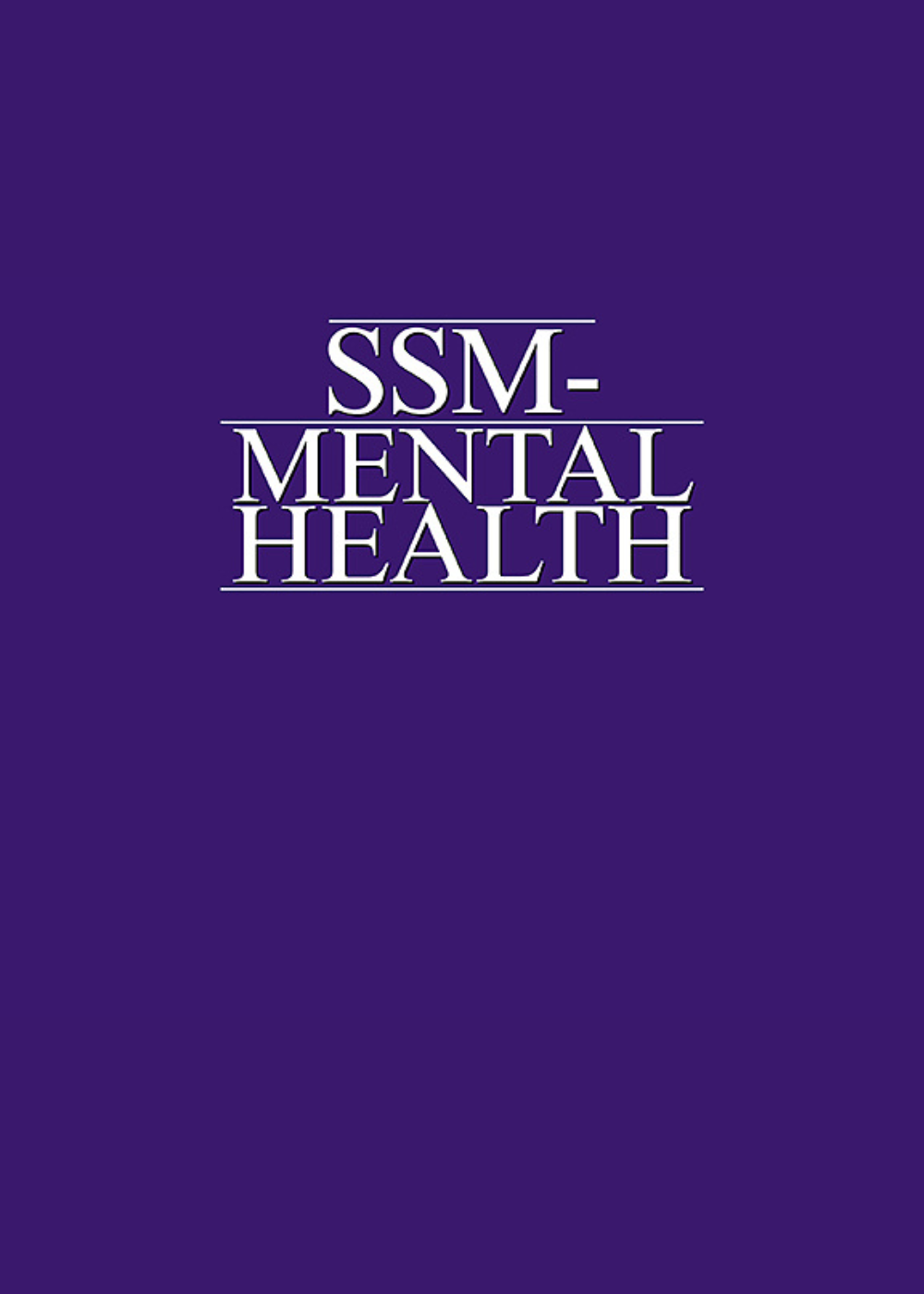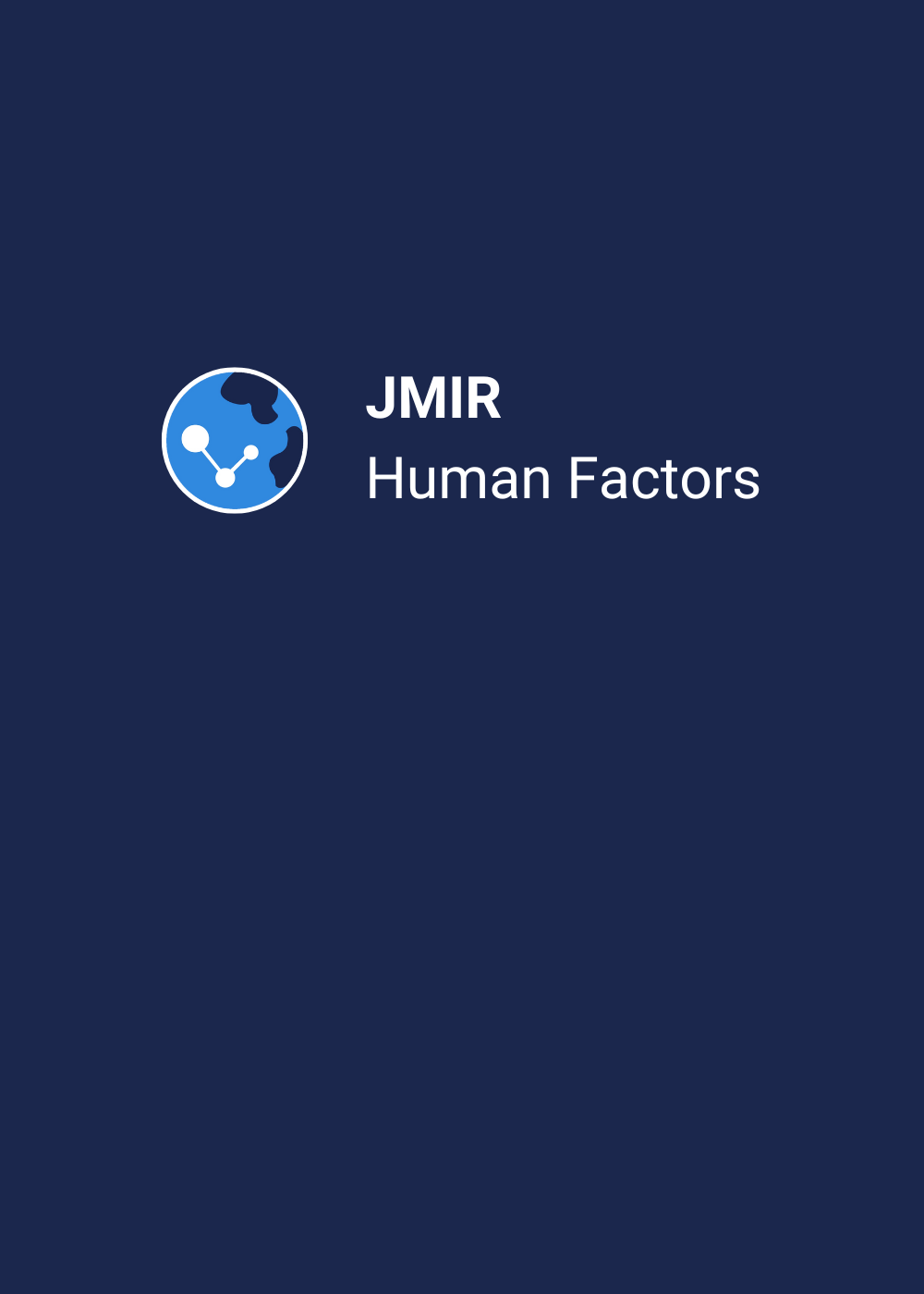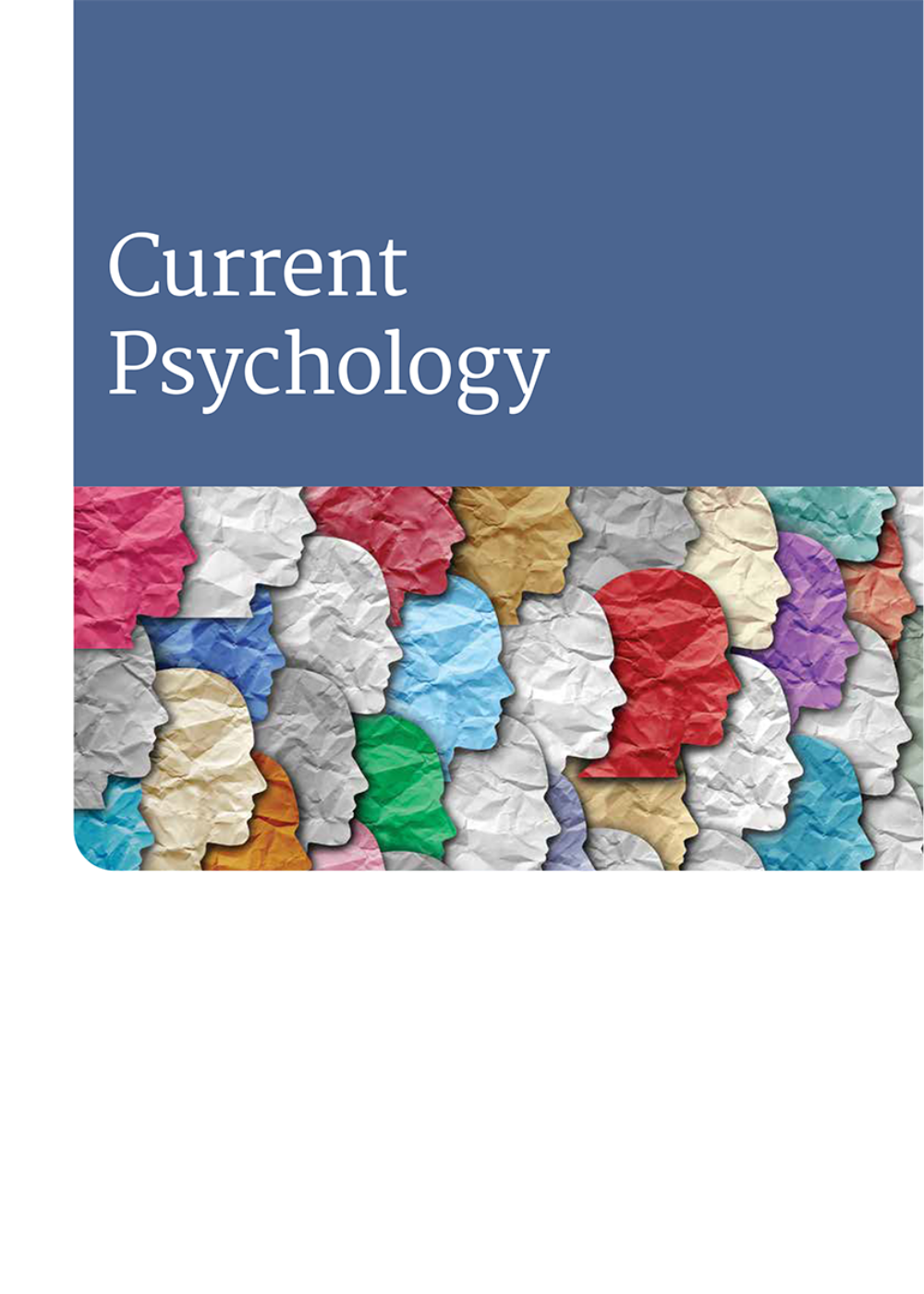
Life satisfaction and mental health from age 17 to 21 years in a general population sample
Current Psychology
Jose Marquez, Ioannis Katsantonis, Ruth Sellers and Gundi Knies
Abstract
Adolescence is a period when both mental health (MH) and wellbeing start deteriorating, which raises the question of how the two phenomena are linked and whether deterioration in one might be used to flag problematic developments in the other. While research shows that wellbeing and MH are associated, the direction of the association is not clear and longitudinal analyses, that might help disentangle the cause and effect, are scarce. Moreover, few studies have investigated the directional relation between MH and wellbeing early in the life course. In emerging adulthood, evidence indicates reciprocal associations and no gender differences, whereas, in early and middle adolescence, results are mixed and differ across gender. Thus, we investigated the relationship between MH and wellbeing and the moderating effect of gender in the crucial developmental transition from middle adolescence to emerging adulthood. We undertake a cross-lagged longitudinal data analysis from a pooled sample of six pseudo-cohorts, including information from 661 young people who participated in the UK Household Longitudinal Study at ages 17, 19, and 21. Using a 7-points overall life satisfaction (LS) scale as an index of wellbeing and the 12-item General Health Questionnaire as a measure of MH, we found no associations between LS and MH in the 17–19 transition and bidirectional associations in the 19–21 transition. There were no substantial gender differences in either transition. We conclude that LS and MH predict each other in the transition from late adolescence (age 19) to emerging adulthood (age 21) for both males and females.
